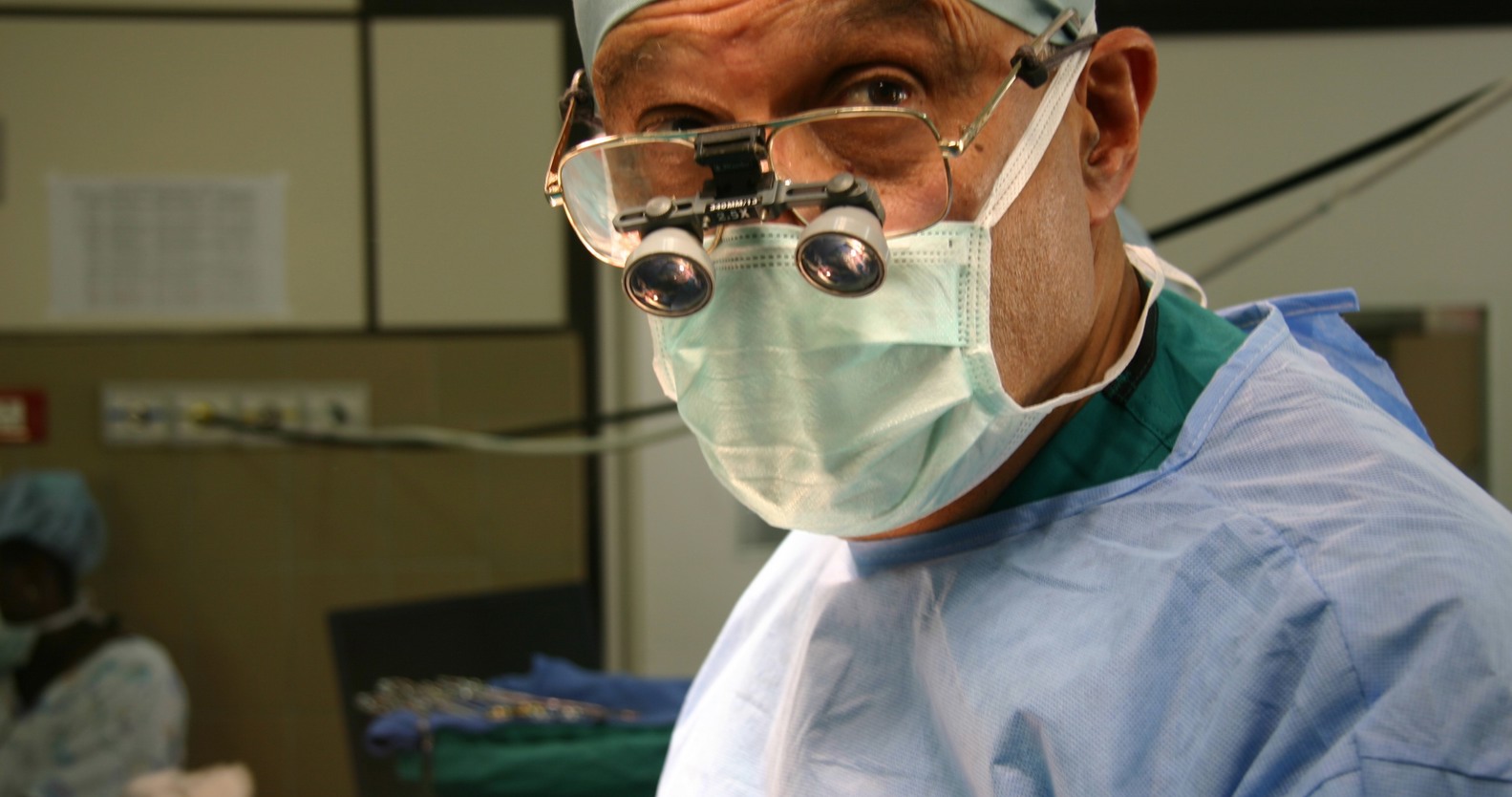
 My patient told me: 'If I don't make it, play Mozart at my funeral'
My patient told me: 'If I don't make it, play Mozart at my funeral'
Forty years ago today legendary surgeon Professor Sir Magdi Yacoub carried out the UK’s first heart and lung transplant, saving the life of Swedish journalist Lars Ljungberg who had approached the surgeon – already famed for his heart transplants – as his last hope.
Experts in the United States had refused to operate as they felt Mr Ljungberg’s organs had deteriorated too far. And although, sadly, he died 13 days later of an underlying condition, the pioneering operation itself was a success and paved the way for thousands of life-saving transplants to follow
“Mr Ljungberg was a wonderful man, very determined and intelligent, who came to Harefield Hospital and said, ‘It’s my last chance, what do I do now?’ I, for one, always feel you should have empathy with your patients, so we talked it over and I explained that it was a high-risk operation.
“It was a last chance, but a chance is a chance and I told him we were willing to give him that chance and, at the same time, it was very important that the operation should be established anyway. He was very motivated and happy to accept the risk, and said, ‘If I don’t make it, please play Mozart’s Requiem at my funeral, I will appreciate it.’ He was accepting, and very grateful we took him on. It proved to be a landmark operation which benefited many thousands of people.”
To date, more than 3,500 people have received dual heart and lung transplants at Harefield, where Professor Yacoub, now 88, developed the procedure in 1983.
He reveals to the Daily Express that he was on “auto-pilot” for the duration of the operation having already carried it out “hundreds of times” in his head while awake and as he slept.
“It is not a sleepless night. I do go to sleep, but my brain is so focused on the idea, which I have first cut into its component parts, that my subconscious continues to try to solve the problem,” he explains.
“When I got into the surgery it was actually very quick because the link between the hand and the brain is so well coordinated in my mind that I didn’t hesitate.”
Prior to this, he had introduced modifications to heart transplant surgery that proved to be the bedrock of this more complex operation.
“I try very hard to equip myself with as much knowledge and skill as I can. Sir Russell Brock [the surgeon at Guy’s Hospital who he trained under], said that people think heart surgery is glamorous,” he recalls.
“It is actually very hard work. You have to be dedicated.
